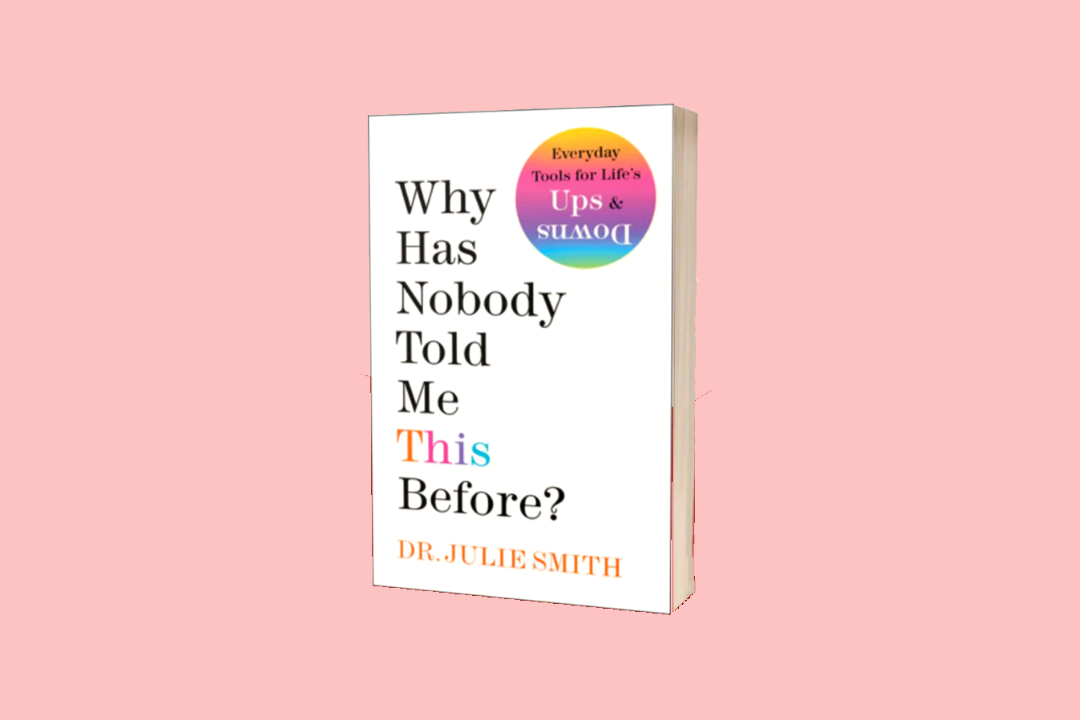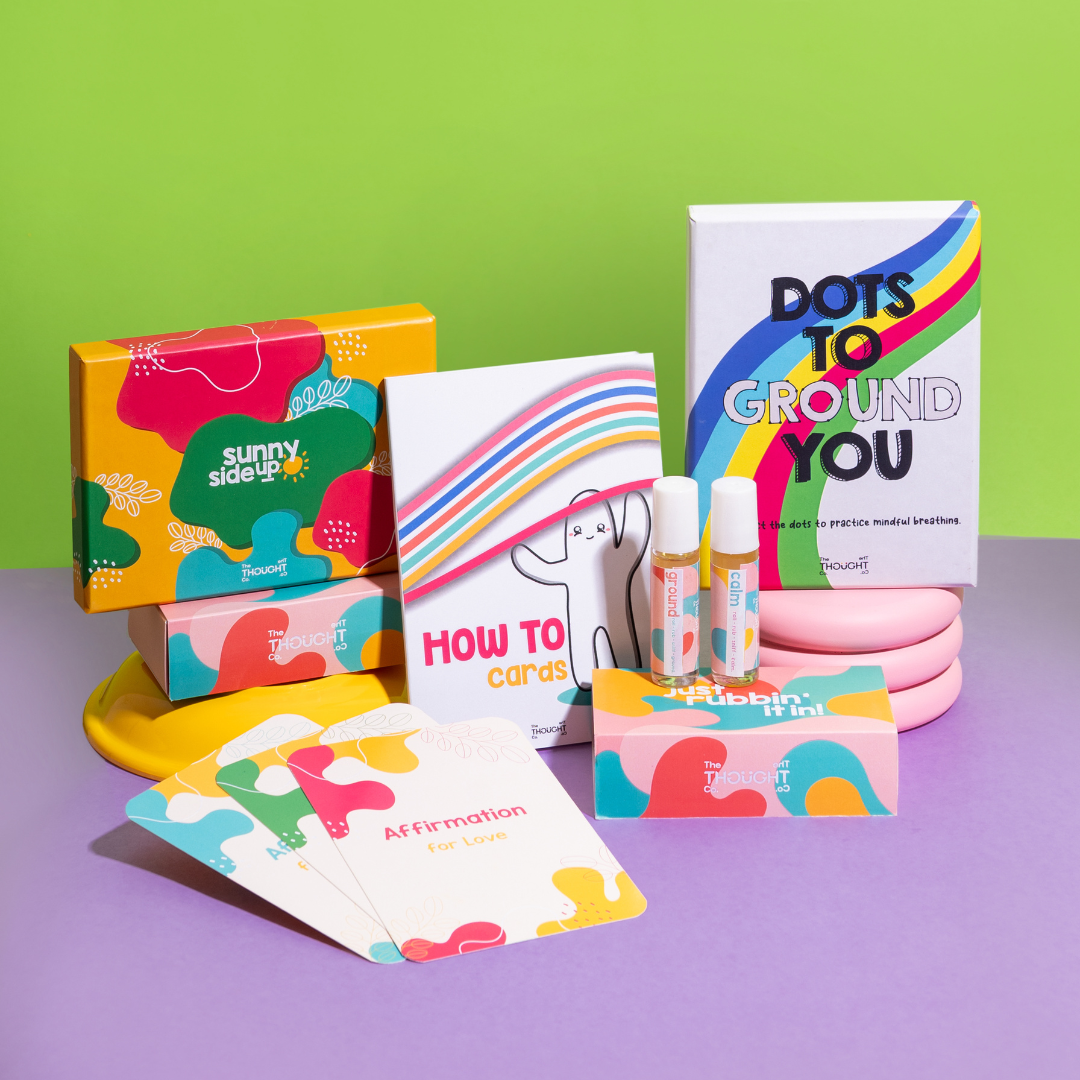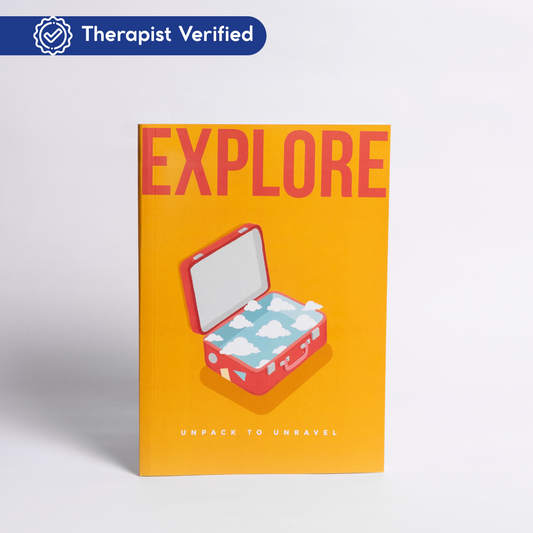If you follow mental health social media accounts I’m certain you have stumbled on content by Julie Smith, her humour and humanness makes her bite sized tips easy to implement. But this is not a pitch to follow her on social media, although I strongly recommend you do, this is to introduce to you her book “Why has nobody told me this before?”
practical mental health strategiesI approached her book with scepticism, like I would for most self-care/help books, doubts on its relevance and practicality swept through my mind. Is this going to be another preachy book? Is the answer to everything going to be positive thoughts and vibes? Is it going to be far from the struggle of reality?
With a huge sigh of relief, I am happy to report that it was the furthest thing from that! Practical and relevant are the two words I feel best describe this book.
“Why has nobody told me this before?” was full of “aah-haa” moments! Reading it felt like Smith had taken all the research that backs therapeutic strategies, neatly condensed it and simply explained it. As a psychologist, I have learned several therapeutic interventions to better address the various needs of my clients, “Why has nobody told me this before?” feels like a refresher course with highlights. (If you were to open any page of my copy of the book you will find tiny pencil notes and markings on almost every page.).
Smith is clear when she states that this book is not intended to substitute therapy but it can provide aid to the education that one often undergoes in therapy. The psychoeducation element involved in therapy is crucial for any shift to take place for the client. Key elements in the process include awareness, changing behaviours and acceptance is approached in her book. It serves as a great value add for the therapist and the client - it provides resources that therapists can use to approach and explain theories and concepts better. This is a key element in therapy because “understanding” is the basis of therapy - the therapist needs to understand the client to introduce effective strategies for the client. Further, the client needs to feel understood before they are willing to accept and implement the recommended strategies. Smith facilitates this process with her relatable examples and practical tools. Furthermore, she addresses areas such as self doubt, fear, motivation and, the side effect of pandemic, “purpose of life” - adding to the relevance of her book.
What makes the book most appealing is the fact that it is written by a practising Clinical Psychologist who understands the difficulties clients and therapists face in implementing the various therapeutic modalities in reality. Her suggestions have gone through the rigour of genuine research, scrutiny of therapy and practicality of real life - thus making her work extremely relevant for both therapist and client. The book is like a toolbox of strategies that make addressing daily struggles easier.
The practicality of the book does not only rest in the tips and life skills she discusses in her book but also in the structure of her book. You do not need to read this book like a story - you can flip open any page for some practical tips or scroll through the index to find which section appeals to you most. Thus making it almost like a bible for moments of doubt.
The relevance and practicality of this book is going to make it a fixture on most bookshelves. (My team and I are even reading it for Book Club this month!)
practical mental health strategies






